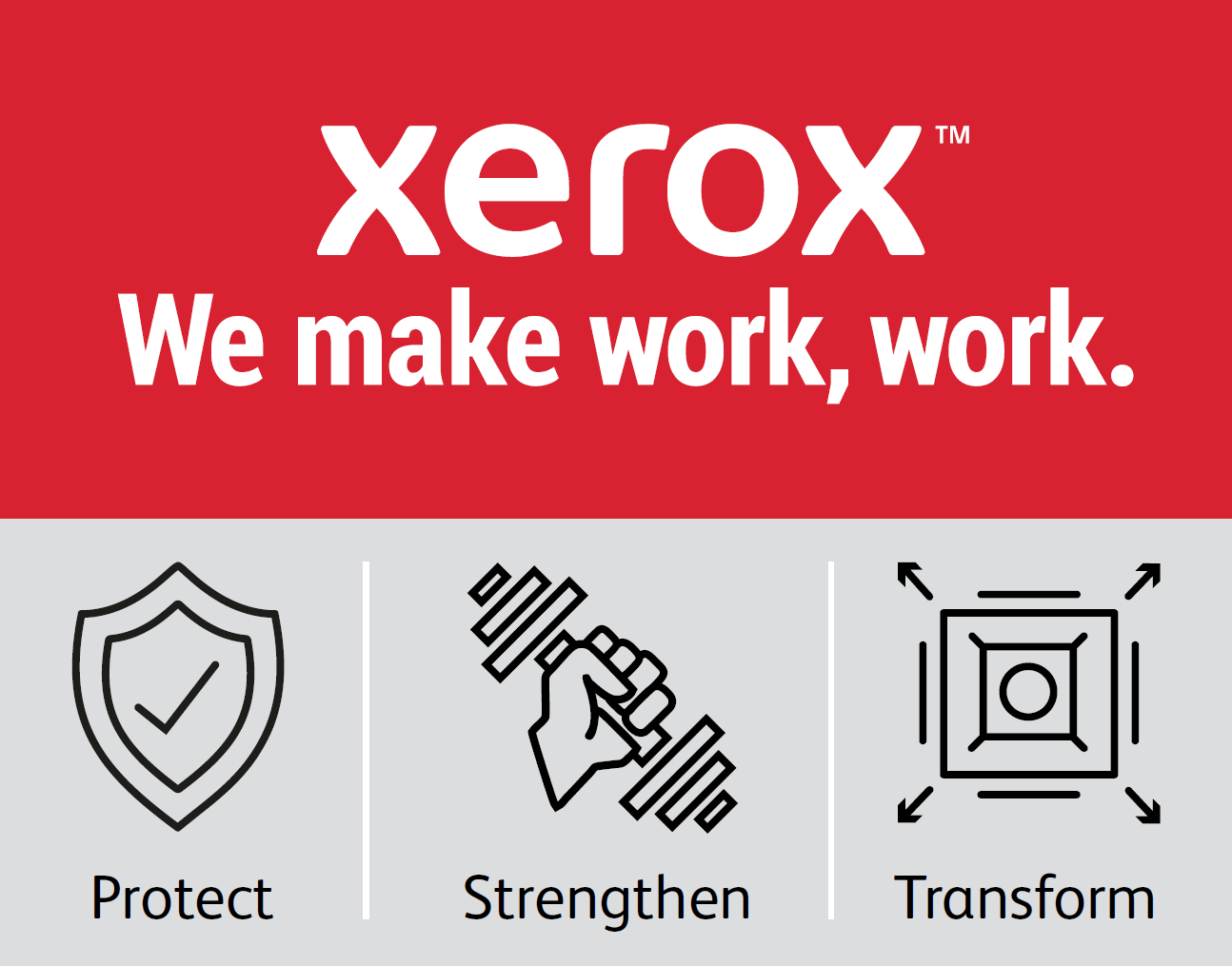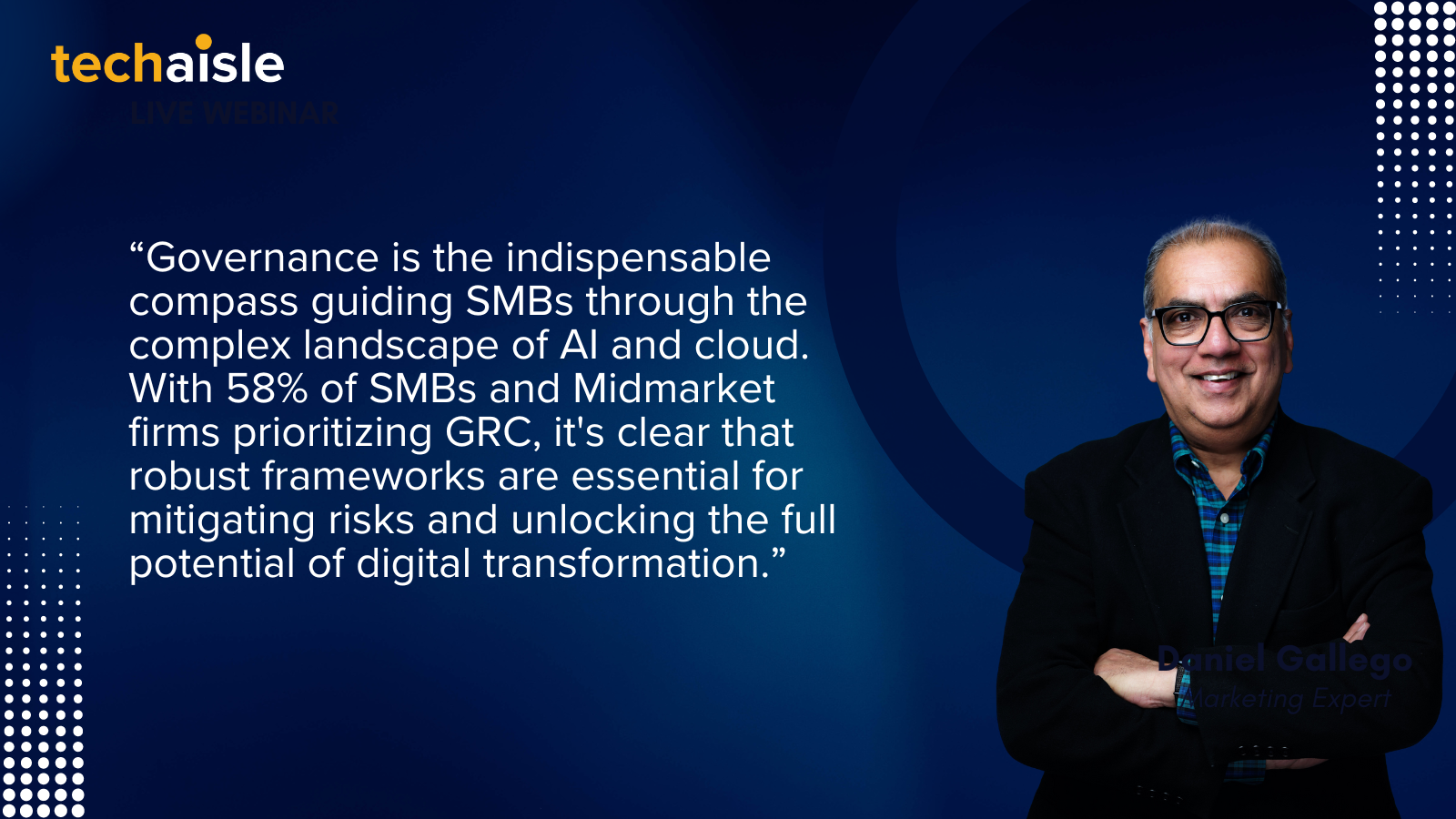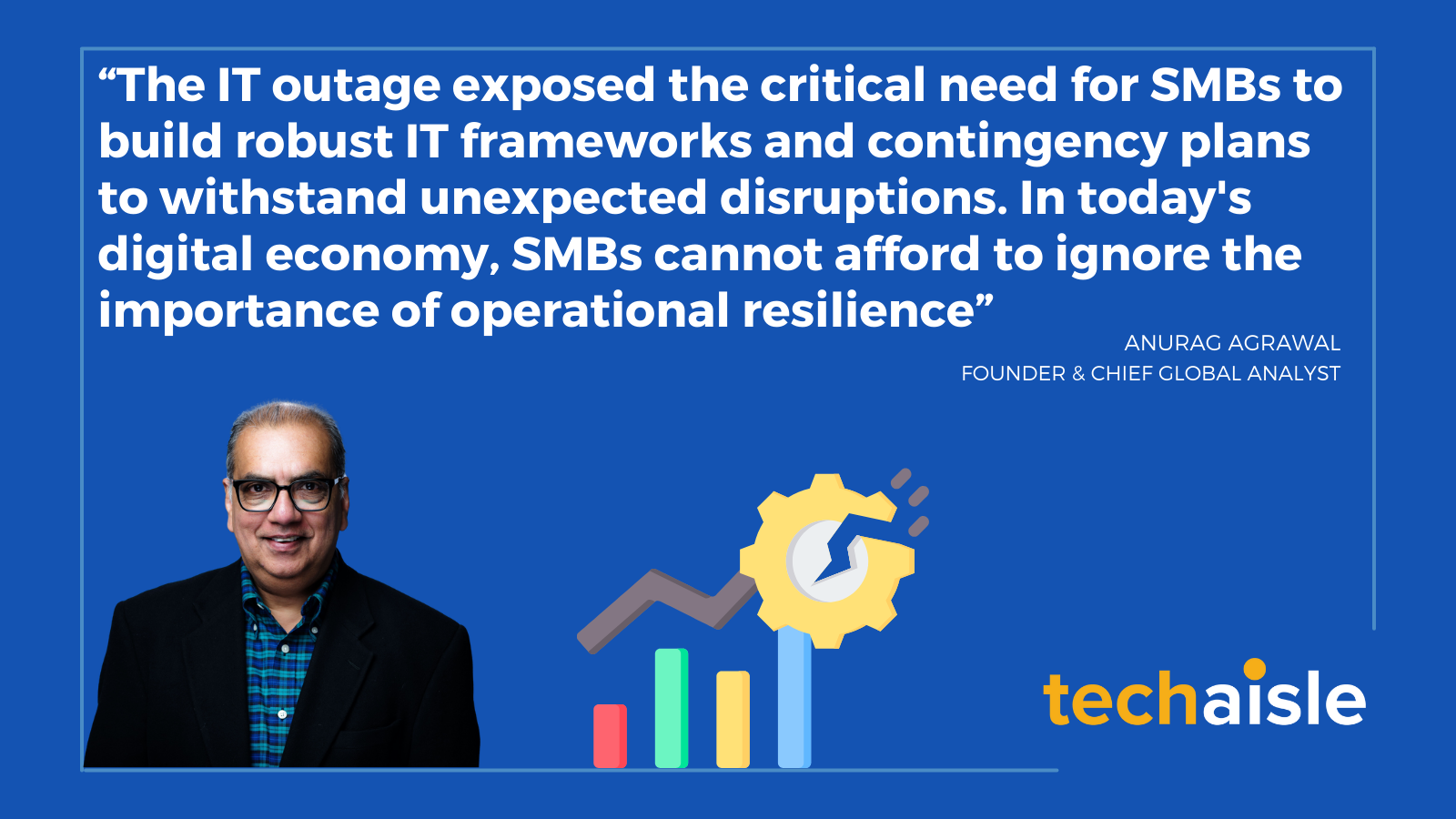In the ever-evolving landscape of cybersecurity, partnerships between technology giants play a pivotal role in shaping the future of secure computing. One such significant collaboration is between Lenovo and SentinelOne, a partnership that promises to redefine endpoint security and deliver unparalleled protection to businesses worldwide. Lenovo launched ThinkShield in 2018, an all-encompassing security solution. Its collaboration with SentinelOne in March 2020 significantly enhanced ThinkShield’s capabilities. This initial partnership integrated SentinelOne's autonomous endpoint protection platform within Lenovo's ThinkShield security portfolio. It allowed Lenovo customers to purchase devices with SentinelOne's real-time prevention, ActiveEDR, IoT security, and cloud workload protection powered by patented Behavioral AI. In September 2024, Lenovo and SentinelOne announced an expanded multi-year collaboration to bring SentinelOne's Singularity Platform and Purple AI to millions of new Lenovo PCs.
The Genesis of the Partnership
Lenovo and SentinelOne's partnership is based on their shared goal of developing the most secure AI-enhanced PCs globally. This alliance combines both companies' strengths to deliver a robust security solution encompassing everything from firmware to the cloud. It highlights the significance of securing devices at all levels, from the operating system down to the firmware and supply chain and up to the cloud. Lenovo's goal is to establish a zero-trust environment, ensuring the security of both physical and cloud components.
Key Features of the Partnership
- Zero Trust Security Model: Implementing a zero-trust security model is at the core of this partnership. Lenovo's ThinkShield portfolio, combined with SentinelOne's advanced endpoint protection, detection, and response capabilities, ensures that every layer of the computing environment is secure. This includes everything from the operating system (OS) to the cloud, providing a holistic security approach.
- Comprehensive Sales and Training Initiatives: Lenovo has rolled out extensive training programs for its sales teams to position SentinelOne's solutions effectively. This includes educating frontline salespeople, sales specialists, and deep product specialists on the unique advantages of SentinelOne's offerings. The focus is on highlighting SentinelOne's superior MITRE scores, demonstrating its effectiveness in minimizing noise and missed detections compared to competitors.
- Integration with Lenovo's ThinkShield: SentinelOne's solutions are integrated into Lenovo's ThinkShield portfolio, which includes five bundled services, such as supply chain assurance and firmware assurance. This integration ensures that customers receive a seamless and secure experience from the moment they purchase a Lenovo device.
- Advanced Threat Detection and Response: SentinelOne's platform offers endpoint protection (EPP), endpoint detection and response (EDR), and extended detection and response (XDR) capabilities. This comprehensive suite of tools allows businesses to detect, respond to, and mitigate threats in real-time, ensuring robust protection against cyberattacks.
- Collaboration with Industry Leaders: The partnership extends beyond Lenovo and SentinelOne, involving collaborations with other industry leaders such as Intel, Ben-Gurion University, and various cybersecurity firms. These collaborations enhance the security framework by integrating advanced technologies and research into the solution.















